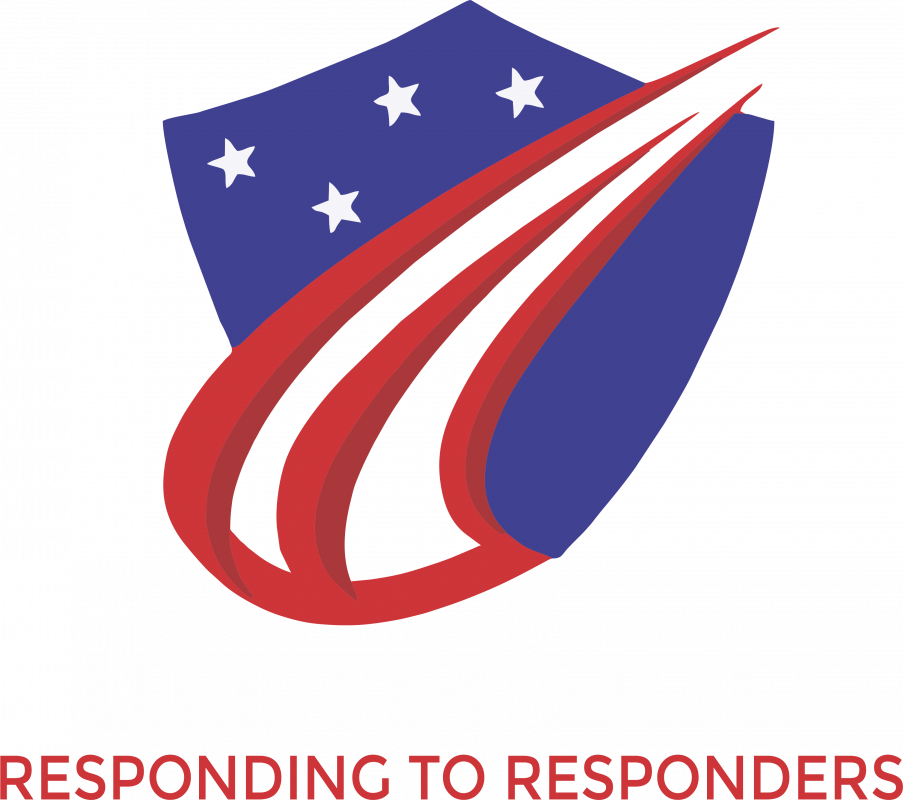Being a first responder means facing high-stress situations daily, often witnessing scenes that most people never have to encounter. The weight of responsibility, the unpredictability of each call, and the emotional toll can take a significant mental and physical toll. While training and experience prepare us for the technical aspects of the job, the ability to manage stress and maintain resilience comes from within.
At With You, we believe that personal reflection and mental preparation are critical tools for first responders to navigate the challenges they face. Taking the time to assess our thoughts, emotions, and readiness can make the difference between burnout and longevity in this demanding profession.
Why Personal Reflection Matters
Reflection allows us to process experiences, identify emotional triggers, and recognize when stress is affecting our performance or well-being. Without it, we risk internalizing trauma, leading to burnout, anxiety, depression, or even PTSD.
Regular self-assessment helps first responders:
- Recognize stress patterns – Understanding when and how stress affects you allows you to take proactive steps to manage it.
- Develop emotional resilience – Acknowledging your feelings rather than suppressing them helps you develop coping mechanisms.
- Improve decision-making – Self-awareness fosters better judgment under pressure.
- Strengthen relationships – Awareness of our emotional state helps us communicate more effectively with our teams and families.
Strategies for Personal Reflection
- Debrief with Yourself – After a particularly difficult call, take a few moments to acknowledge how you feel. What emotions came up? What was the most challenging part?
- Journaling – Writing down thoughts and emotions provides clarity and helps release built-up tension.
- Mindfulness and Meditation – Practicing mindfulness allows you to stay present and reduce anxiety about past or future events.
- Talking It Out – Engaging in peer support or seeking guidance from a mentor can provide valuable perspective and emotional relief.
Mental Preparation: Setting Yourself Up for Success
Just as athletes mentally prepare before a game, first responders must prepare their minds before stepping into high-pressure environments. Mental preparation builds resilience and sharpens focus, ensuring we can respond effectively no matter the situation.
Key Techniques for Mental Readiness
- Visualization – Before starting a shift, visualize yourself handling different scenarios calmly and effectively.
- Controlled Breathing – Deep breathing techniques help regulate stress and maintain composure.
- Positive Self-Talk – Replace negative thoughts with affirmations like, “I am trained for this,” or “I can handle what comes next.”
- Establish a Pre-Shift Routine – Develop habits that mentally signal readiness, such as stretching, listening to music, or engaging in a short moment of reflection.
Final Thoughts
In a profession where stress is inevitable, personal reflection and mental preparation are not just beneficial—they’re essential. By making time for self-awareness and mental resilience, first responders can maintain their well-being, perform at their best, and continue serving their communities without losing themselves in the process.
At With You, we stand beside our first responders, encouraging them to prioritize their mental health as much as their physical readiness. If you or someone you know is struggling, reach out. You’re not alone—we’re with you.
